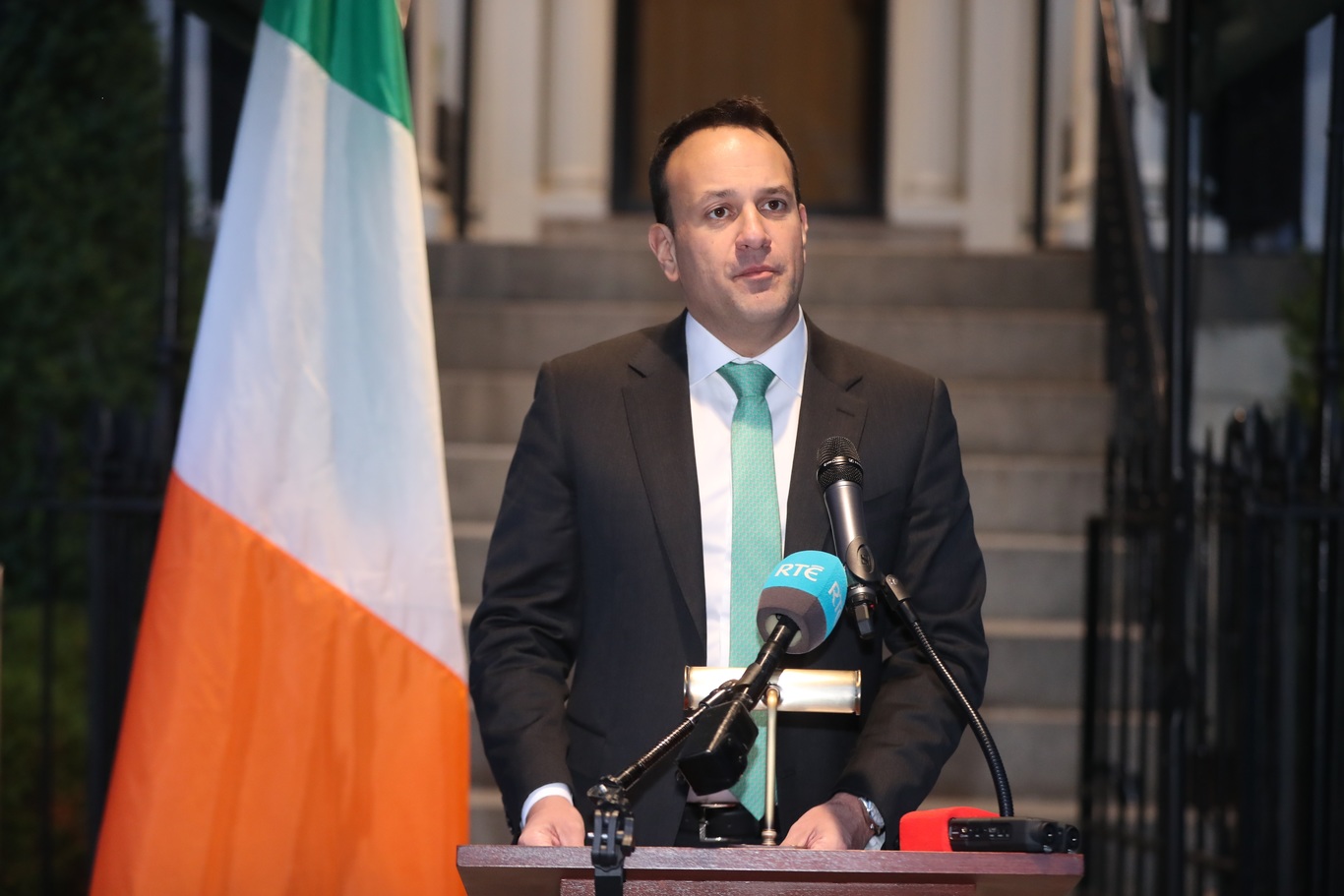Covid-19 and the Irish economy: What sort of shock can we expect?
As activity is curtailed, expect a slowdown.
LEO VARADKAR SEEMED to be putting things as plainly as he could when he addressed the nation yesterday to lay out “unprecedented measures” to protect public health amid the spread of the Covid-19.
“Our economy will suffer. It will bounce back,” he said, referring to the inevitable negative impact that Covid-19 will have on Ireland’s economy. The questions now are to what extent and how will we deal with it?
In a blog published last week, before the Taoiseach’s address to the nation yesterday, Austin Hughes, chief economist at KBC Bank, said that we should be ready for a “significant slowdown” in growth this year.
“Forecasts for global growth suggest Irish GDP growth will be materially slower this year than last,” when the economy grew by 9.4%, Hughes wrote. This is because “the openness of the Irish economy will amplify the impact of poorer conditions (partially created by the coronavirus outbreak) abroad,” he explained.
Hughes went on to lay out two scenarios. In the “less severe” case, Irish GDP growth in 2020 could slow by around 0.6% but “a more severe outcome” could result in a reduction of between 1.5% and 2% for the year.
Speaking after the Taoiseach’s address yesterday, Hughes told Fora that we have not reached the doomsday scenario of 2% reduction, which would mean “lasting and very severe deterioration” in the economy.
However, because of the impact of the virus and the government’s response, Hughes said, “we are talking about something now that probably will shave off something approaching a full per cent of economic growth.”
“The critical thing is what we’re talking about here in terms of these numbers is full-year effects. Essentially, you’re seeing curtailment of a large section of economic activity, for something approaching a two-week or three-week period,” until the government’s measures are to be lifted on March 29, he said. “So, I do think we’re looking at something that is probably closer to 1%.”
Global pandemic
Conall Mac Coille, the chief economist at stockbroker Davy, told Fora that the outbreak has come at a particularly bad time for the global economy.
“I don’t know if there’s ever a good time for a global pandemic,” he said, but at the moment “there are issues around the Chinese trade war, a slowdown in manufacturing globally and in Germany in terms of production falling because of new emission standards.”
“So to have this on top of it is it (is) unfortunate.”
The fear is that the virus will have a significant impact on the countries that are worst affected by the outbreak, such as Italy and China, which could have a knock-on impact on the global economy.
Overall, however, Mac Coille said that this is a “temporary shock” and that the Irish economy is in a better place than it was during the last major global growth contraction, which happened as a result of the financial crisis in 2008.
This time around, Mac Coille explained, “We certainly don’t have a construction bubble. We don’t have a credit bubble. And the banks have more capital. So the financial system is considerably more secure than it was.”
Get our Daily Briefing with the morning’s most important headlines for innovative Irish businesses.






